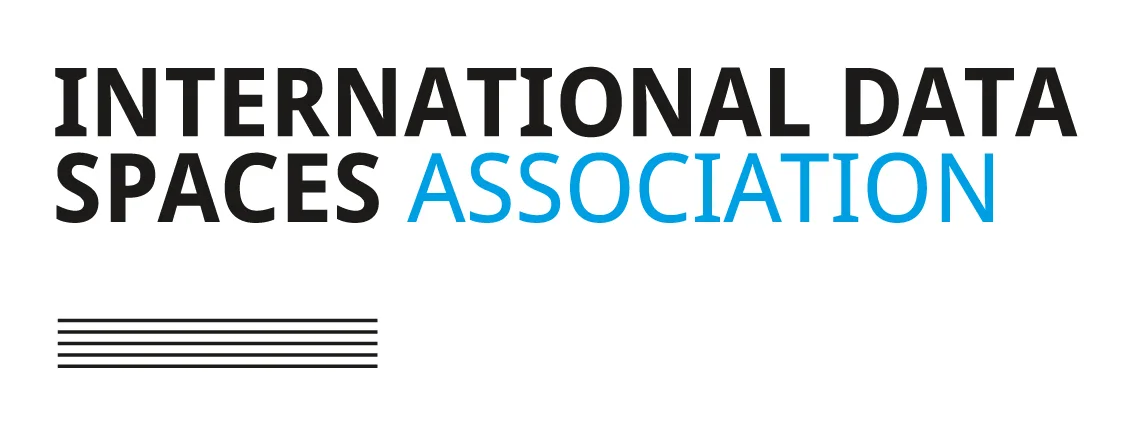EU Initiatives
Why European initiatives?
The European Commission (EC) aims to make Europe a leader in digital technology and to ensure that people and businesses benefit from the digital transformation to strengthen and robust the European economy. The European Union’s (EU) digital strategy, the Digital Decade, aims to exploit the benefits of this transformation and put them at the service of people and businesses, while contributing to the goal of climate neutrality in Europe by 2050. The Digital Decade is thus a political programme that aims to guide Europe’s digital transformation with concrete goals and objectives for 2030, with the aim of empowering businesses and people for a human-centred, sustainable and more prosperous digital future:
- ensure that 80 per cent of the EU population has basic digital skills;
- ensure that 75 per cent of EU companies use cloud computing, AI or big data;
- double the number of EU unicorns;
- ensure that more than 90 per cent of SMEs reach at least a basic level of digital intensity;
- ensure that everyone has access to gigabit connectivity, double the EU's share of world production of cutting-edge semiconductors and create 10,000 highly secure, carbon-neutral peripheral nodes;
- ensure that the main public services are 100 per cent on the web, that 100 per cent of citizens have access to medical records on the web and that 100 per cent of citizens have access to digital identification
Projections for 2025
530%
increase in global data volume
(from 33 zetabytes in 2018 to 175 zetabytes)
829 billion €
value of the data economy in the EU27
(301 billion euros, or 2.4 per cent of the EU's GDP in 2018)
10.9 million
data professionals in the EU27
(5.7 million in 2018)
65%
percentage of the EU population with basic digital skills
(57% in 2018)
As digital transformation, sustainability and supply chain resilience shape today’s global landscape, data sovereignty has become a critical priority for European companies. Building a data economy that aligns with European values means addressing the risks associated with data dependency, privacy and control. In this context, sovereignty – the ability to protect and control data in Europe – emerges as essential, along with interoperability. This is where Gaia-X and IDSA come in, pan-European initiatives that provide a set of policies and rules, software artefacts, specifications and a verification framework to enable trusted decentralised digital ecosystems. In addition to the above initiatives, the EC is funding two important projects in this field, SIMPL and DSSC.
Data sovereignty is essential for the long-term competitiveness and security of European industries. The Cloud expertise of the co-promoters helps to create secure and interoperable data ecosystems across multiple sectors, and to drive innovation with scalable solutions ensuring digital sovereignty and regulatory compliance, thus fostering cross-sector collaboration and enabling end users to maintain control over their data.
As Europe continues its journey towards data sovereignty, Gaia-X and IDSA offer industries principles for building a secure, scalable and compliant framework for creating robust data ecosystems.
Gaia-X
Gaia-X is a strategic initiative, in a context where data is increasingly a critical factor in the creation of new business models, driving the creation of innovation ecosystems and fostering European economic competitiveness and prosperity, necessary for the European Union to take a leading position in the data and cloud economy, through an open digital ecosystem that allows European companies to compete globally.
This initiative aims to create a federated, scalable and secure data infrastructure with the aim of establishing an ecosystem where data is shared and made available through relationships of trust, giving users back effective control and sovereignty over their data. The result will be the creation of a federated system, linking multiple Clouds and users in a transparent environment, which will boost and accelerate the new data economy. The drivers for its creation are:
- promote data sharing more easily;
- contribute to a common good;
- sharing the costs of implementing a data integration solution based on interoperability, security and trust;
- promote co-opetition;
- increase the visibility of existing data;
- guarantee the collection of value by data owners;
- guarantee sovereignty over shared data;
- building value chains throughout an ecosystem;
- build a basis for the development of open science that will promote greater innovation and industrial advances.
International Data Spaces Association
The International Data Spaces Association (IDSA) is on a mission to create the future of the global digital economy with International Data Spaces (IDS), a secure and sovereign data sharing system in which all participants can obtain the full value of their data.
IDS enables new ‘smart services’ and innovative business processes to work across companies and industries, while ensuring that self-determined control of data utilisation (data sovereignty) remains in the hands of the data providers.
SIMPL
The European Commission is funding the SIMPL project – Smart middleware for a European cloud federation and for the European data space – which aims to develop:
- SIMPL-Open – an open source software stack that will leverage not only data spaces but also other cloud-to-edge federation initiatives, and of
- SIMPL-Labs, a demonstration environment for 1) experimenting with the implementation, maintenance and support of the SIMPL stack in the initial phase of creating sectoral data spaces before they are implemented in a production environment and 2) some more mature data spaces using this lab to check the level of interoperability with the use of the above stack.
- SIMPL-Live, which are separate instances of the SIMPL-Open stack in the form of customised production environments for sectoral data spaces in which the European Commission itself plays an active role in their management, such as the Public Procurement Data Space, the European eHealth Data Space and the Language Data Space.
Data Space Support Centre - DSSC
The DSSC’s mission is to help create Common European Data Spaces that together promote a secure, interoperable and reliable environment for data sharing. This initiative aims to facilitate the reuse of data in different sectors, respecting EU principles and ultimately benefiting the European economy and society. Funded by the European Commission under the Digital Europe Programme, the DSSC primarily targets the public sector and companies interested in creating sovereign data spaces.
The DSSC will assess the needs of various data space initiatives, identify shared requirements and define best practices to accelerate their creation of these Data Spaces, which are vital for digital transformation in all sectors, offering the best possible support to these initiatives, in particular to ensure interoperability.




